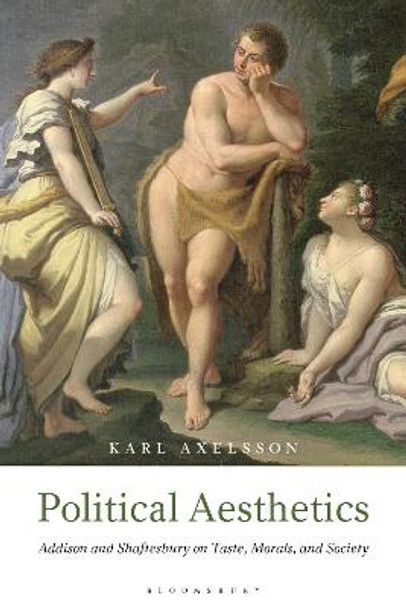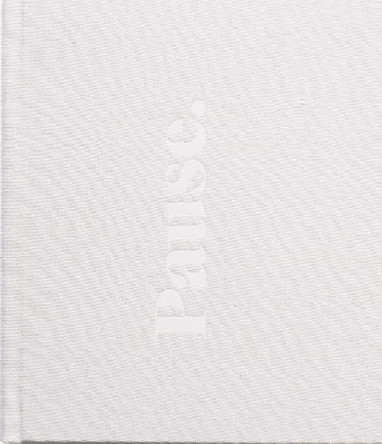Description
Examines the theories of taste advanced by two of the most prolific eighteenth-century men of letters, Joseph Addison and the third Earl of Shaftesbury.
About the Author
Karl Axelsson is Senior Lecturer in Aesthetics at Soedertoern University, Stockholm, Sweden. He is the author of The Sublime: Precursors and British Eighteenth-Century Conceptions (Peter Lang, 2007) and co-editor of Beyond Autonomy in Eighteenth-Century British and German Aesthetics (Routledge, 2020). Axelsson is also the Swedish translator of the third Earl of Shaftesbury's The Moralists, a Philosophical Rhapsody.
Reviews
Political Aesthetics magnificently re-writes the history of early eighteenth century British aesthetic thought. For too long Addison and Shaftesbury's aesthetic speculations have been read in massively distorting ways and contexts, essentially seeing these writings as pre-cursors to Kant. Axelsson demonstrates that they are both more interesting and strange: careful and detailed explorations in the moral and political sinews of aesthetic thought. This intervention will not only re-orient histories of aesthetics it will also provide a substantial basis for thinking the aesthetic in our own time. -- Peter de Bolla, Professor of Cultural History and Aesthetics, University of Cambridge, UK
Axelsson's Political Aesthetics: Addison and Shaftesbury on Taste, Morals, and Society is a comprehensive and penetrating account of the aesthetics of Addison and Shaftesbury. It offers a wealth of philosophical insight and valuable scholarship on Addison and Shaftesbury in particular and on the history of aesthetics in general. Axelsson shows that Addison and Shaftesbury developed a rich and important view that took aesthetic value to be neither entirely instrumental nor entirely autonomous, a view on which taste becomes an integral moral part of the basis of society. * Michael Gill, Professor of Philosophy, University of Arizona, US *
In this admirably intense engagement, Axelsson questions both content and method in philosophical history. He shows how Addison, Shaftesbury and other writers argued the intrinsic connection between, on one hand, the experience of beauty, taste and art and, on the other, politics, religion and morals. Thus, he points toward a new history of eighteenth-century British aesthetics, more persuasive than one organised to explain Kant. * Lawrence Klein, Emeritus Fellow, Emmanuel College, University of Cambridge, UK *
Karl Axelsson's book is an excellent, thought-provoking, and mature scholarly achievement that undoubtedly succeeds in making the job of future historians more complicated: they will have less excuse for creating an oversimplified narration of the early history of modern aesthetics or for ignoring its profound heteronomy and complexity. * British Journal of Aesthetics *
In Political Aesthetics, Axelsson models a self-reflective engagement with historical alterity. By offering a better understanding of the complexities of the past, his study promises a fuller understanding of the complexities of the present. * Rivista di Filosofia *
Axelsson lays the foundation for his arguments with lucid reviews of relevant scholarship and the helpful rehearsal of historical contexts. When the prose digresses, it remains informative. His study is distinguished by its attention to a wider range of texts than usual. * I castelli di Yale *
Book Information
ISBN 9781350077751
Author Karl Axelsson
Format Hardback
Page Count 280
Imprint Bloomsbury Academic
Publisher Bloomsbury Publishing PLC
Weight(grams) 572g








